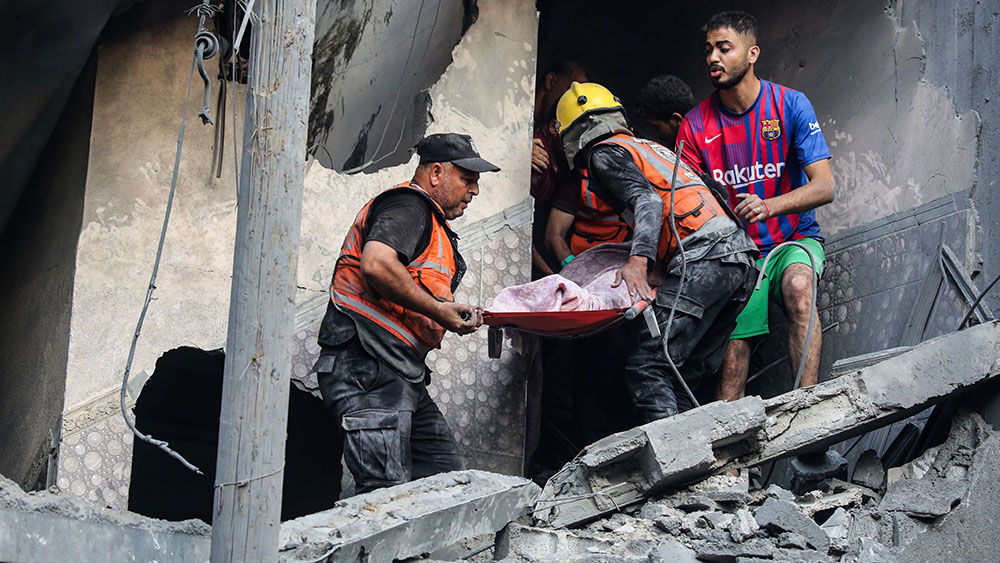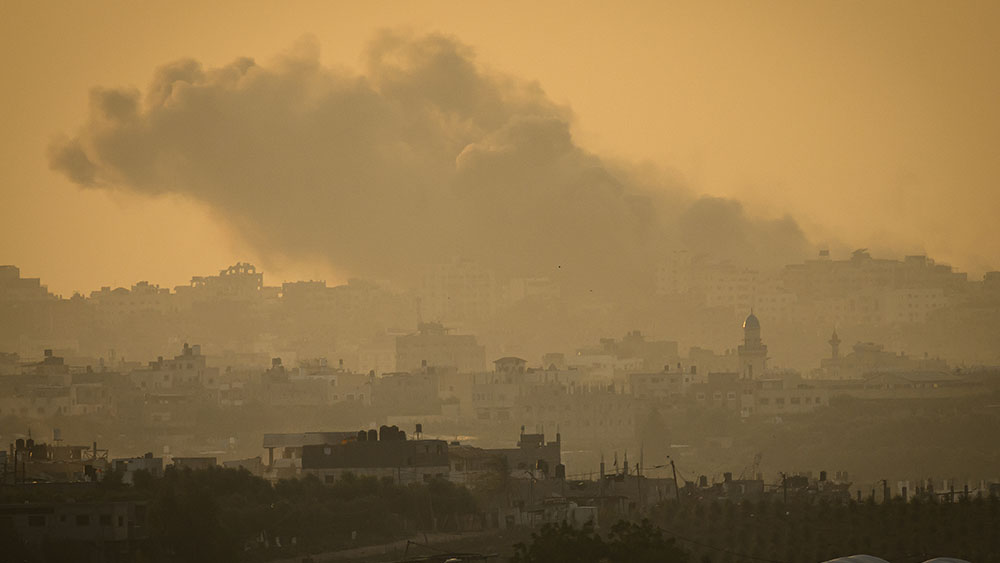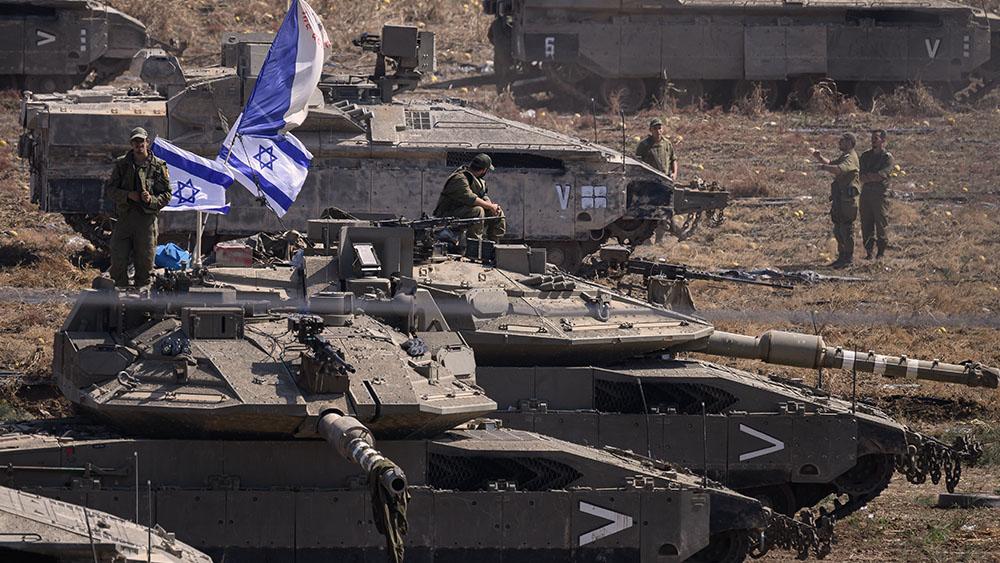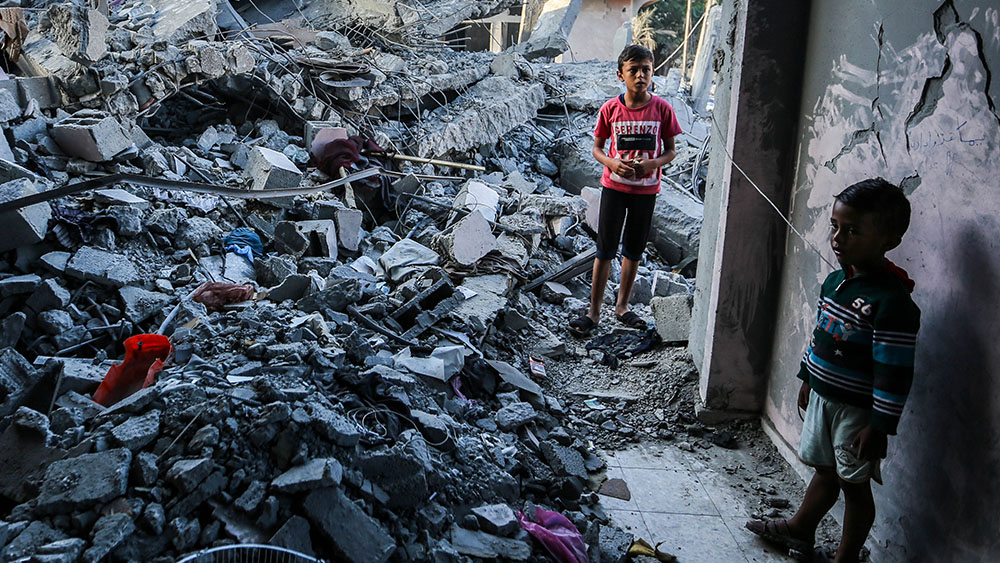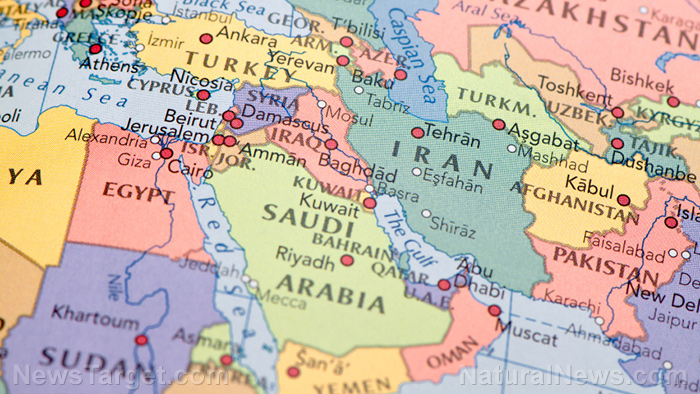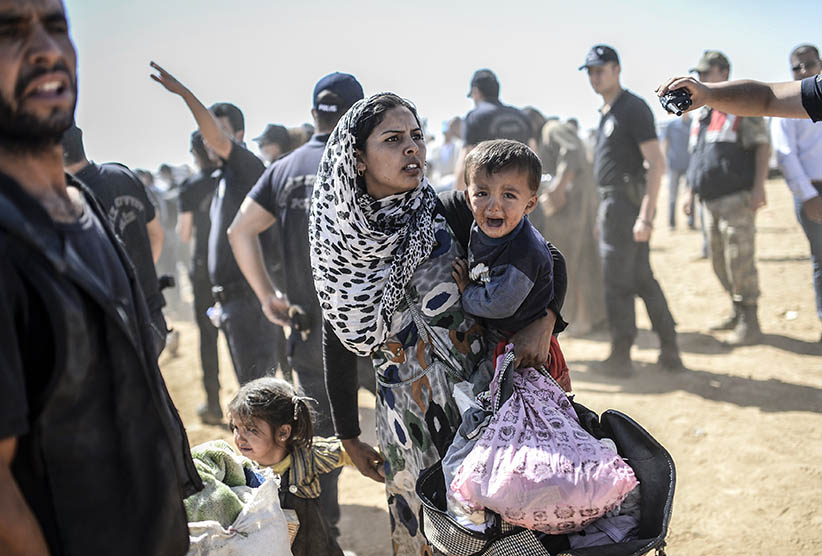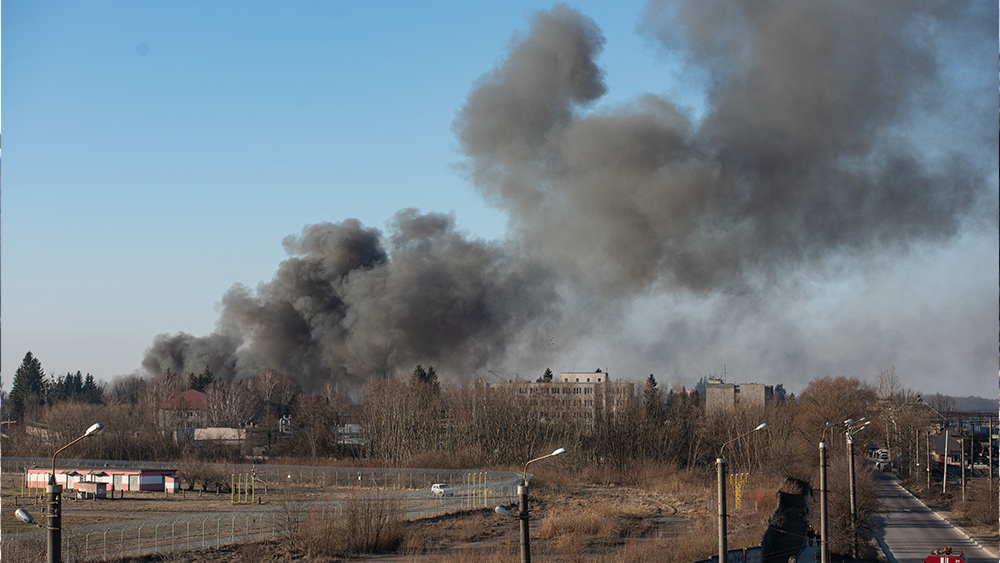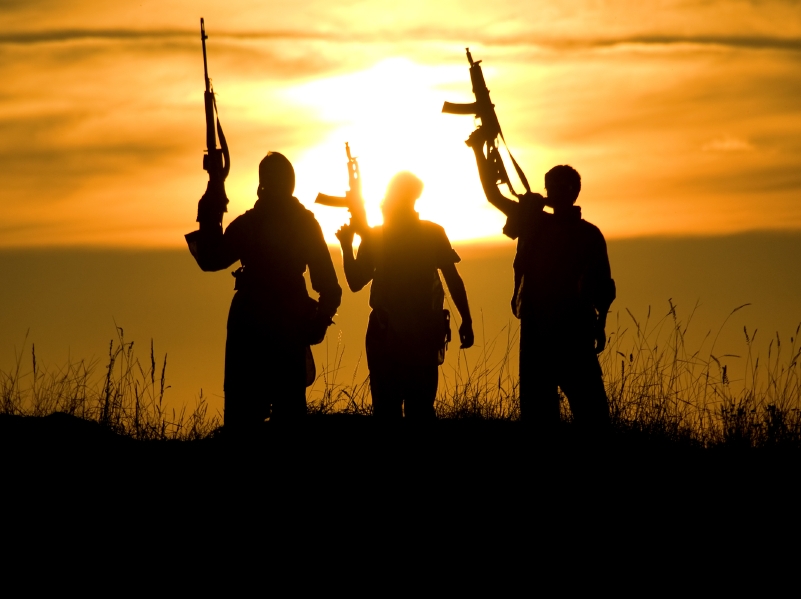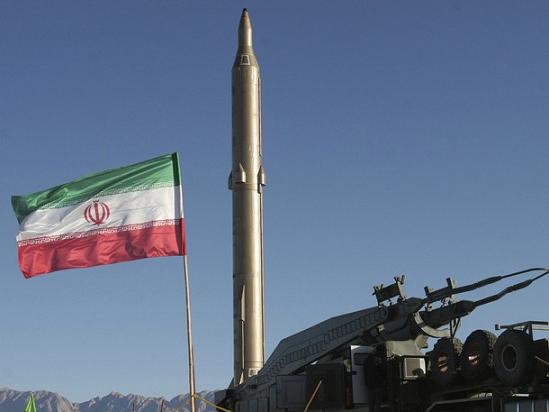U.S. troops in Middle East were attacked on Thanksgiving Day
11/28/2023 / By Richard Brown

On Thanksgiving Day, the United States and coalition forces stationed in Iraq and Syria encountered a series of four distinct attacks.
American troops have been looking forward to turkey and football, but Iran-backed militias had other things in mind. The morning assaults included the launch of multiple one-way attack drones directed at troops stationed at Al-Asad Airbase. (Related: Repeated attacks by Iranian-backed militants on U.S. troops in the Middle East increase tension between Washington and Tehran.)
Simultaneously, Erbil Airbase in Iraq faced an attack from a similar one-way attack drone. Additionally, forces at Mission Support Site Euphrates in Syria experienced a barrage of rockets.
Later in the day, another one-way attack drone targeted forces at Mission Support Site Green Village in Syria. These incidents unfolded in the aftermath of an attack on Erbil Airbase the day before.
Despite the intensity of the attacks, the official reported no casualties or infrastructure damage resulting from any of the incidents.
The Thanksgiving Day assaults bring the tally to at least 73 attacks against U.S. and coalition forces since October 17.
These recent escalations followed a U.S. airstrike on Nov. 21 conducted by U.S. Central Command, which targeted two facilities used by the Iranian-backed Kataib Hezbollah group in Iraq.
This strike was a direct response to a series of attacks against U.S. and coalition forces, including one that involved close-range ballistic missiles.
The targeted facilities, situated near Al Anbar and Jurf al Saqr in Iraq, were allegedly employed by Kataib Hezbollah to facilitate recent attacks on US and coalition bases in both Iraq and Syria.
The aftermath of the U.S. strikes resulted in at least eight reported casualties among Kataib Hezbollah fighters, with four others sustaining injuries, according to an official statement from the group.
These recent developments constitute the fourth instance of the U.S. conducting strikes against targets affiliated with Iran’s Islamic Revolutionary Guard Corps since the commencement of attacks on October 17.
Despite ongoing provocations, the Pentagon asserts that its actions are part of a successful deterrence strategy, preventing the escalation of the conflict beyond the attacks on U.S. forces.
Pentagon spokesperson Singh said: “We feel that deterrence is working. We have not seen this war spread into a wider regional conflict.”
Iranian-backed militia groups have attacked U.S. forces at least 150 times since Biden assumed office
Earlier, the Harir base near Erbil Airport in northern Iraq where U.S. troops are stationed was attacked by the Islamic Resistance in Iraq, a network of shadow Iraqi militia groups backed by Iran and affiliated with the Islamic Revolutionary Guard Corps.
CBS News reported that several U.S. troops were wounded in an attack on the Al-Asad Airbase.
In late October, President Biden warned Iran’s supreme leader of a response at a joint news conference with Australian Prime Minister Anthony Albanese at the White House.
“My warning to the Ayatollah was that if they continue to move against those troops, we will respond. And he should be prepared.”
But these attacks are nothing new under Biden.
Iranian-backed proxies “have attacked U.S. forces in Iraq and Syria at least 150 times since President Joe Biden took office,” two US defense officials told Voice of America (VOA) last week.
More than a third of those attacks took place after the barbaric attack on Israel by the Palestinian terrorist group Hamas. U.S. troops suffered casualties.
“Most of the attacks since October 17 were disrupted by the U.S. military or failed to reach their targets, causing no casualties or damage to infrastructure, according to the military,” VOA reported. “But a handful of attacks have left more than 60 U.S. military personnel with injuries, ranging from shrapnel wounds to perforated eardrums and traumatic brain injuries. Officials say all of the injured have returned to duty.”
Watch this video that talks about how the Biden administration is divided over its response to Iran following the series of attacks against U.S. troops in the Middle East.
This video is from the NewsClip on Brighteon.com.
More related stories:
Unfolding prophecy in Middle East spurs rush in DOOMSDAY prepping.
Gross miscalculations: U.S., Israel overestimate military strength in the Middle East.
Western economies headed for collapse if U.S. and Israel push escalation of war in the Middle East
Sources include:
Submit a correction >>
Tagged Under:
big government, chaos, conspiracy, dangerous, drones, Iran, Iraq, military tech, national security, Palestine, panic, Pentagon, self-defense, Tehran, terrorism, violence, Washington, weapons technology, White House, WWIII
This article may contain statements that reflect the opinion of the author
RECENT NEWS & ARTICLES
COPYRIGHT © 2017 CHAOS NEWS

